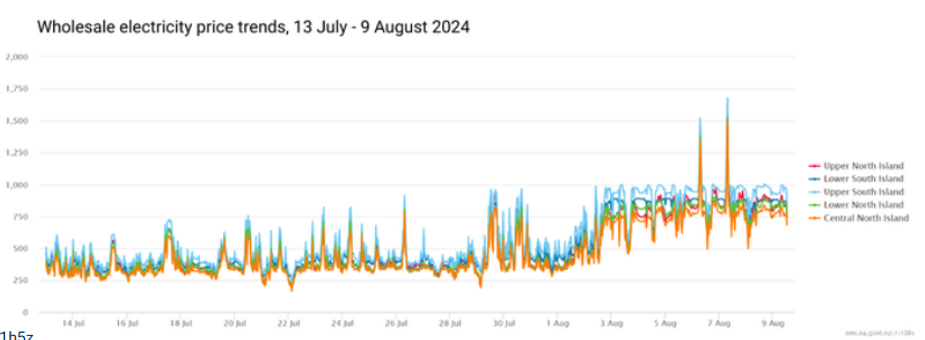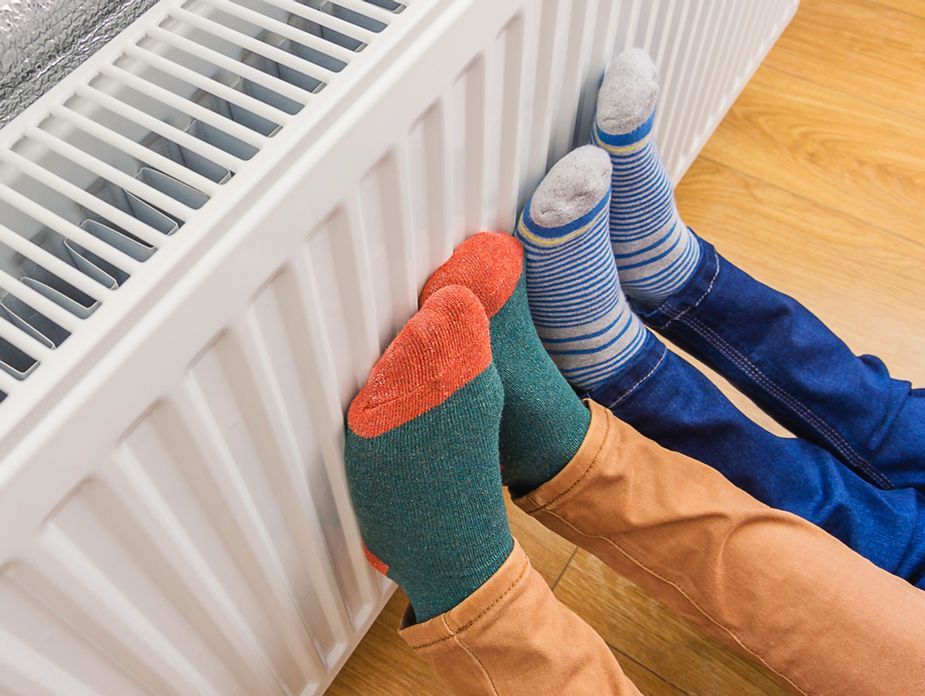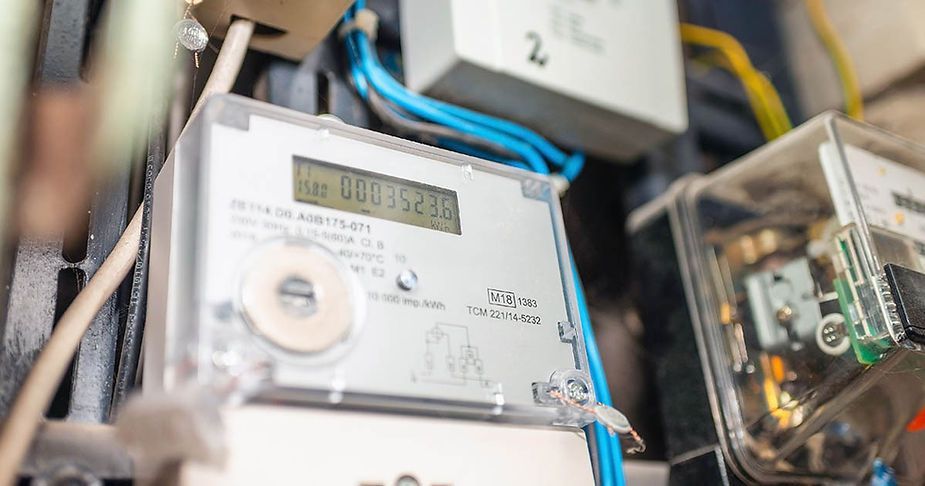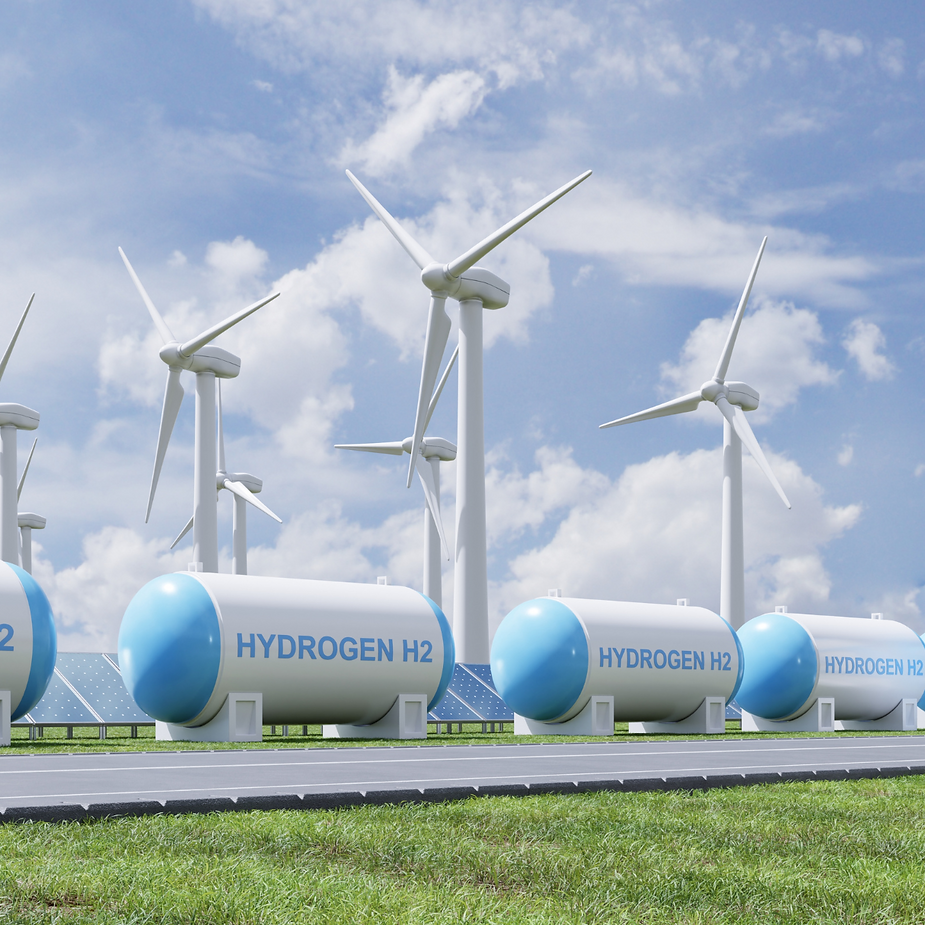Power Bill Savings Hack: How to Shop Smarter to Save Bigger!
In New Zealand, a significant part of your electricity expense – around 40% – comes from household appliances, as noted by the Energy Efficiency and Conservation Authority (EECA). This indicates a substantial scope for cutting down your power costs.
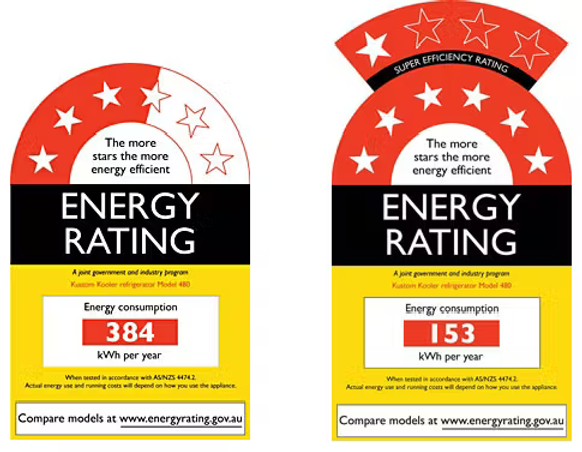
Investing in energy-efficient appliances may appear expensive initially, but it proves beneficial for reducing long-term electricity bills. Whether you're buying brand-new or second-hand, selecting these appliances is straightforward, especially with tools like the EECA’s Efficient Appliance Calculator.
Washing Machines
Opting for less expensive, older appliances from sites like Trade Me might save money upfront but tend to be less energy-efficient compared to newer models. Energy rating labels are key; they guide you on the efficiency level of different models. A higher star count means greater efficiency.
Cooking Appliances
Among cooktops, induction models are highly energy-efficient, consuming about half the energy compared to traditional coil elements. If induction isn't suitable, alternatives like ceramic, halogen, and gas cooktops are also efficient choices.
For ovens, consider convection types which use 20-30% less energy than standard ovens. Self-cleaning ovens are particularly efficient due to enhanced insulation.

Dishwashers
When selecting a dishwasher, Smarter Homes suggests choosing a model that fits your household size to avoid running it half-empty, includes an eco-cycle and water heating feature, and is water-efficient (using around 6-7 litres per wash compared to 23 litres in less efficient models). Energy Star qualification is another important factor.
Refrigerators and Freezers
Older fridges and freezers can be energy hogs. Signs that it’s time to upgrade include appliances being over 16 years (fridges) or 20 years (freezers) old, or continuous operation to maintain temperature. EECA notes that new models could range from $600 to $2,000 in power costs over ten years, making their comparison tool invaluable.
Washing Machines
The choice between top loader and front loader washing machines is crucial. Top loaders generally consume more power but have shorter wash cycles. For frequent warm washes, prioritize energy-efficient models that match your household's laundry size. Also, consider wash times and spin speeds – higher spin speeds (1000rpm or more) extract more water, reducing drying time.
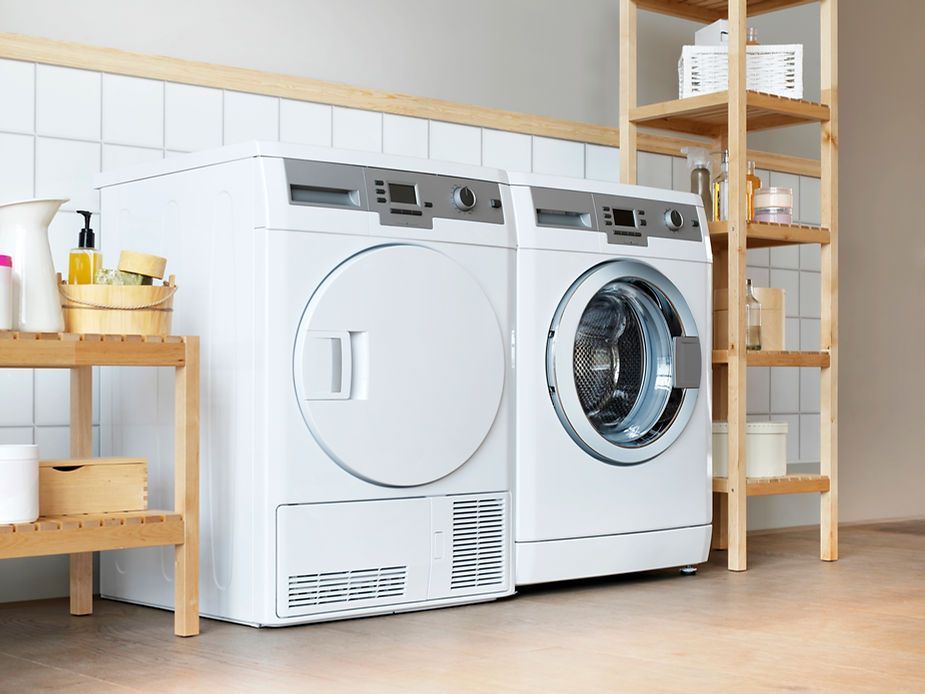
Clothes Dryers
Choosing the right dryer size is crucial – up to 5kg for 1-2 people, 5-7kg for 3-4 people, and over 7kg for larger households. Models with auto-sensing features save energy by stopping once clothes are dry, avoiding over-drying. EECA’s comparison tool is useful for evaluating energy ratings and finding the right model.
We Can Help You Shave 5-20% Off Your Power Bills!
How can we help you save big?
✅ We're market savvy: We don't just watch the energy market, we master it. Timing? That's our game.
✅ Bulk buying power + killer negotiation = unbeatable prices for you.
✅ 100% Independent. No ties, no bias. Energy companies don’t pay us - YOU do.
✅ Our mission? Get the best rates for YOUR business. Period.
✅ Beyond sales: Signing with us is the beginning. We monitor, audit, and optimize your bills monthly.
✅ Contracted? No problem! We still scout better deals yearly. Find one? We'll weigh the switch costs for you.
✅ Our fee? Just a slice of the savings we get you. No savings? No change.
✅ Surprised by a price change? Ring us up. We're on it.

